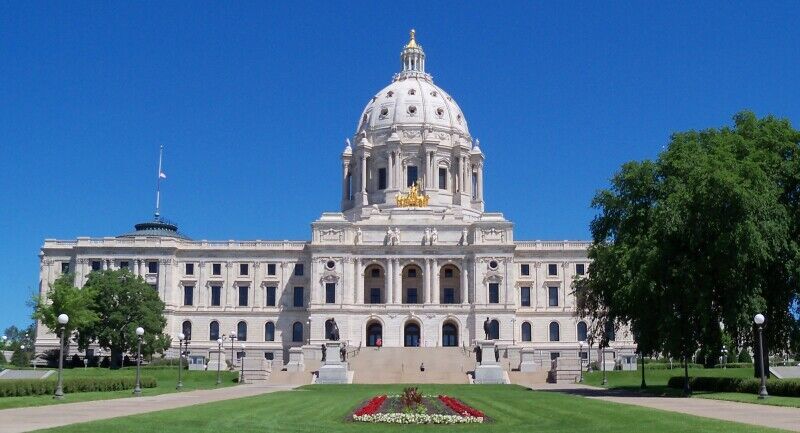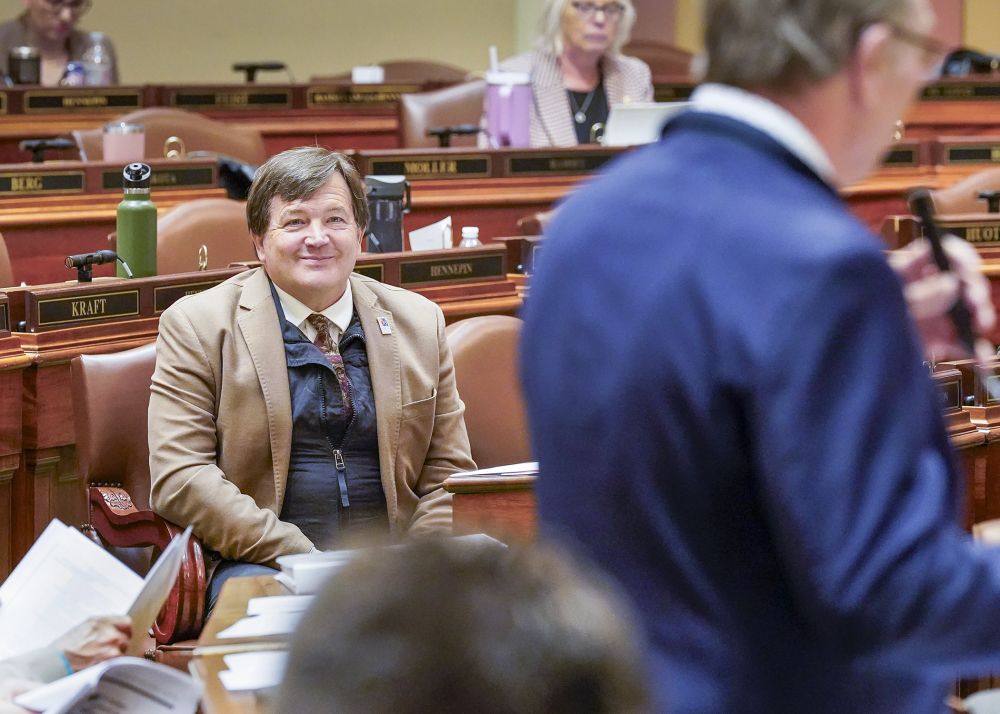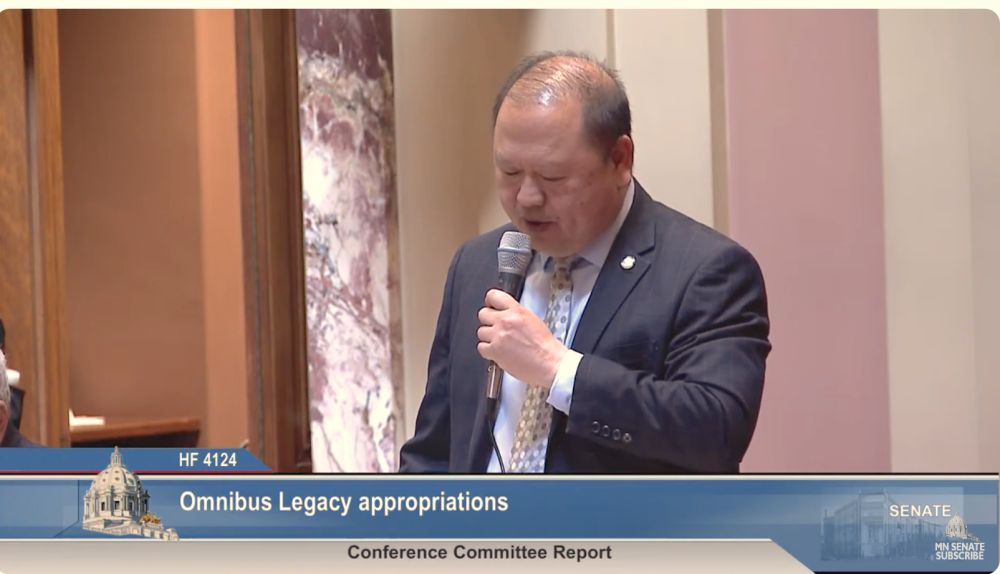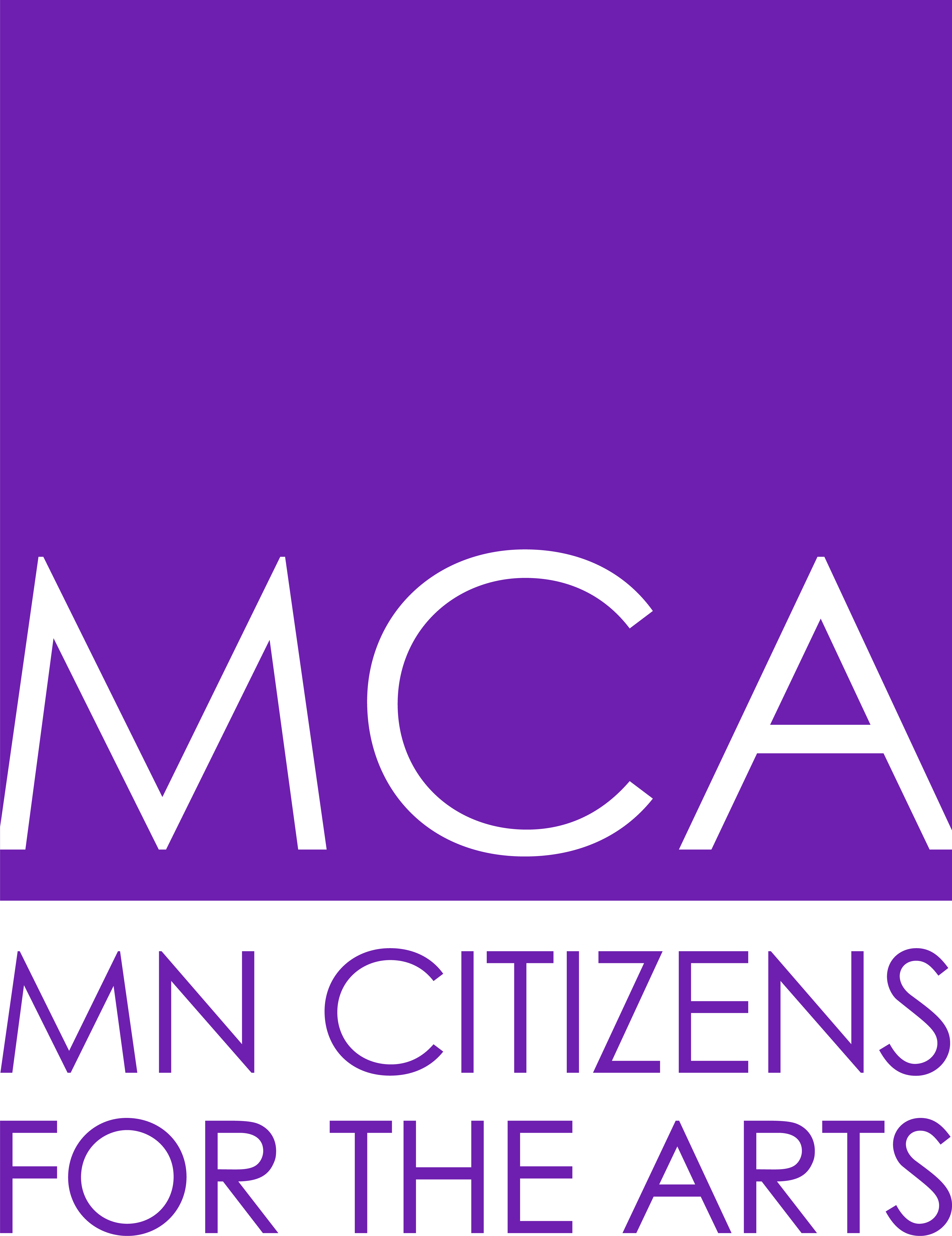

Legacy Passes, Bipartisan Backed: Arts Celebrate

Report from the MCA Lobbyist Joe Bagnoli, Winthrop and Weinstine
In a notable display of bipartisan collaboration, the Minnesota legislature recently rallied behind the Legacy Conference Committee report, marking a rare moment of unity amidst the partisan divides that often define legislative sessions. The report, which received robust backing from both chambers, (115-13 in the House and 43-24 in the Senate) re presents a significant stride forward for proponents of arts, parks, water, and outdoor heritage preservation initiatives. Increased tax receipts collected this year boosted the Arts and Culture section of the Legacy Amendment by an additional $12.2 million. With strong backing in the House and Senate, MCA successfully protected our 47% allocation and thwarted attempts to divert those funds. As a result, the MSAB/RAC system will enjoy a $5.7 million increase in FY25.
presents a significant stride forward for proponents of arts, parks, water, and outdoor heritage preservation initiatives. Increased tax receipts collected this year boosted the Arts and Culture section of the Legacy Amendment by an additional $12.2 million. With strong backing in the House and Senate, MCA successfully protected our 47% allocation and thwarted attempts to divert those funds. As a result, the MSAB/RAC system will enjoy a $5.7 million increase in FY25.
The journey of the Legacy bill through the legislative labyrinth was not devoid of drama. Just ten days prior, on May 3, the Senate introduced three amendments that could have censored artists and arts organizations. However, MCA worked to support the House backed position, and during a brisk conference committee meeting on May 8, these amendments were swiftly set aside, paving the way for the adoption of a compromise conference committee report.
 Despite a relatively subdued discourse on the arts during legislative deliberations, the final votes in both chambers underscored a broad consensus on the importance of Legacy funding across a spectrum of domains. While Senator Pratt expressed gratitude for the inclusion of funding for a Vietnam memorial, Senator Green voiced disappointment over the removal of Senate-attached provisions. Nevertheless, the bipartisan passage of the bill reflects a shared commitment to safeguarding Minnesota's cultural heritage and natural assets.
Despite a relatively subdued discourse on the arts during legislative deliberations, the final votes in both chambers underscored a broad consensus on the importance of Legacy funding across a spectrum of domains. While Senator Pratt expressed gratitude for the inclusion of funding for a Vietnam memorial, Senator Green voiced disappointment over the removal of Senate-attached provisions. Nevertheless, the bipartisan passage of the bill reflects a shared commitment to safeguarding Minnesota's cultural heritage and natural assets.
The Legacy bill, comprising four distinct components, sparked discussions on a range of issues and priorities. Concerns over land acquisition, particularly in rural areas where worries persist about state-owned, non-taxable land, surfaced during deliberations. However, overall sentiment toward the arts portion remained largely positive, with many legislators referencing their constituents need from Arts Advocacy Day 2025 and recognizing its intrinsic value to communities across the state.
Against the backdrop of ongoing legal wrangles and heightened partisan tensions, the legislative session witnessed its fair share of contentious debates and procedural maneuvers, including motions targeting Senator Mitchell. Yet, amid the political tumult, Legacy funding emerged unscathed, offering a renewed lifeline to arts organizations statewide.
In summation, the passage of the Legacy Conference Committee report stands as a significant victory for arts advocacy in Minnesota. With fresh resources and bipartisan backing, the arts community is primed to continue its vital role in enriching and preserving the cultural tapestry of the state.
 Facebook
Facebook Instagram
Instagram YouTube
YouTube Twitter
Twitter Home Page
Home Page